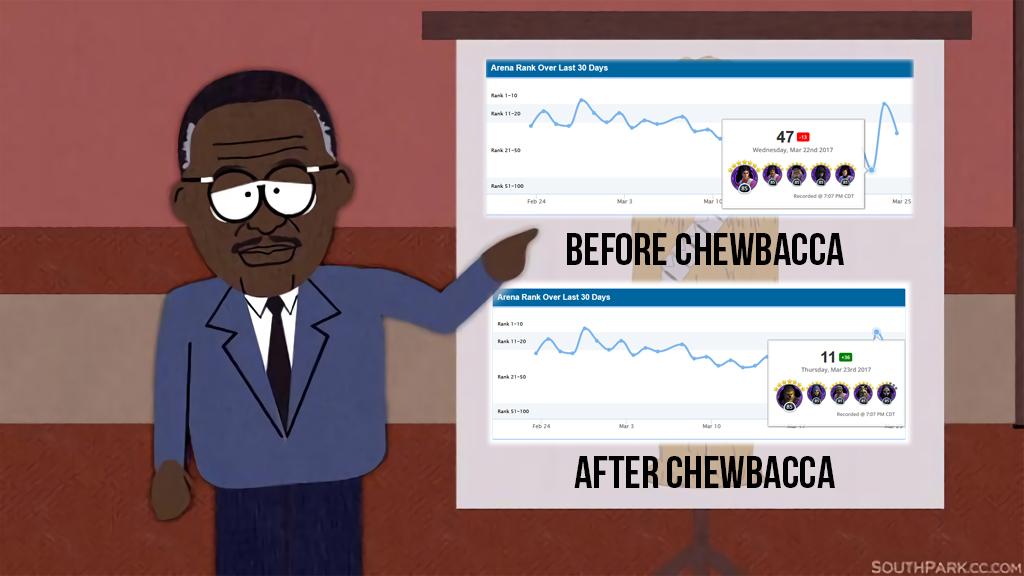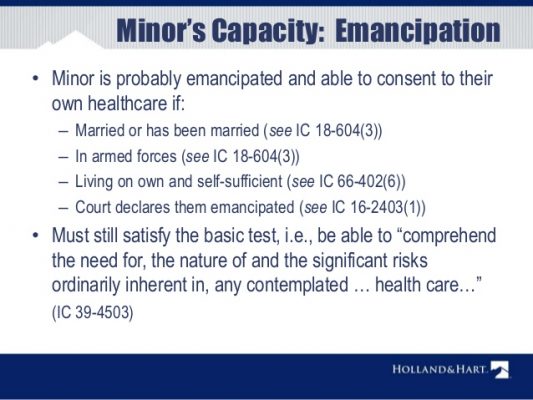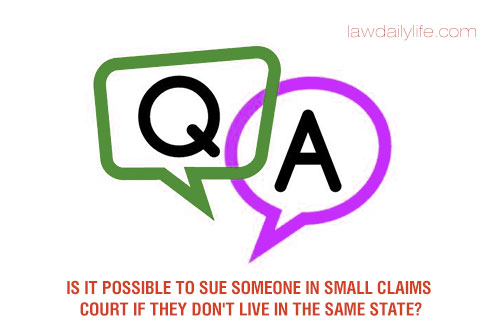Daycare providers can dismiss children, especially in private care settings. The precise terms of your contract will dictate what, if any, legal remedies you may have if that happens.
But before you contemplate lawsuits, let’s look at why children are dismissed from daycare typically and some things you can do to avoid this happening to you.
Children’s Disruptive Behavior
Like any service operation, a good daycare balances the needs of many customers, both children and parents. So while the customer is always right, a customer who causes problems with others might eventually be wrong. That is the category that an excessively disruptive child is likely to fall into.
Children who continually disturb other daycare attendees will eventually be dismissed. If other children and parents are constantly complaining about your kid’s behavior, even the most patient and well-meaning care center is going to have concerns about liability.
Your daycare provider owes a certain standard of care to all of its attendees. If your child is continually disturbing the peace and making it difficult for other children to benefit from their care, it is a risk to the business to keep your kid around.
Parental Neglect of Duties
Your behavior influences the care provider’s perception of your child. An adorable and cooperative kid whose parents never show up on time might become less charming after a while. Your kid is still sweet, sure, but you are failing in your obligations and straining the relationship with his or her caregiver.
Similarly, if you repeatedly fail to pay for care in full and on time this could have repercussions for your child. Keep your daycare provider cooperative by being reliable and you may get a break in an emergency if you must pick up your kid late one day or pay late one month. Abuse your care giver’s generosity and you risk the arrangement.
If you are having difficulties with your daycare or you believe your child was wrongfully dismissed, speak to an attorney. You may have a claim, depending on the details of what happened and the terms of your contract with the provider. Consult with local counsel to find out more.










